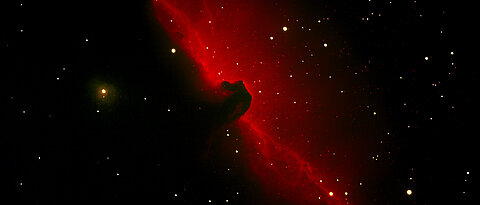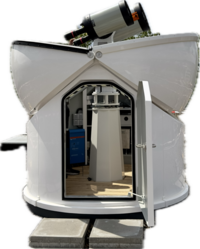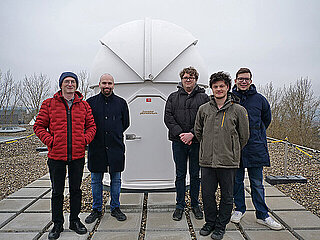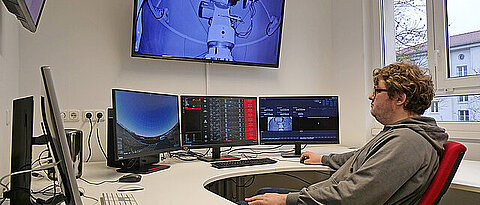KI-SENS Telescope Captures Horsehead Nebula
12/04/2024
The KI-SENS project's space debris observation telescope can do more than tracking orbital objects-it also can be used for astrophotography as a secondary application.
Here’s a stunning image of the Horsehead Nebula. This composite image was created by stacking exposures captured through S-II, O-III, IR-pass, and H-alpha filters, with a total exposure time of 80 minutes.
more





